Chemistry of Defect-rich Metal-organic Framework (MOFs)
ACS Fall 2024
Global Virtual Symposium
Chemistry of Disordered and Defect-rich Metal-organic Framework (MOFs): Glasses, Gels and Crystals
Inorganic Chemistry Division
Metal-Organic Frameworks aka MOFs are renowned for their highly ordered crystalline structure, designability, porosity and host-guest chemistry. Purposeful introduction of defects and disorder in MOFs at various scales is widely used to impart and modulate their structures, properties and functionalities.
For example, the controlled and precise introduction of a number of local defects in the MOF framework is known to improve their performance in reactivity and diffusion. Alternately, MOF glasses and gels whose structures are highly disordered while retaining framework connectivity which leverages advantages such as shaping, grain boundary-free monoliths, and hierarchical porosity. Especially, the recent discovery of the melting and glass formation phenomenon in MOFs has led to the introduction of a fundamentally new category of glass, with attention to transfer the designer framework chemistry of crystalline MOFs to their respective liquid and glassy states.
Despite these advancements, there is significant scope for work in this area and gain fundamental insights to fully explore their potential. The chemistry of defect-rich MOF glasses, gels, and crystals is an interdisciplinary subject, which straddles the boundaries of physics, chemistry, and the material sciences. Through this symposium, we aim to provide a common platform for researchers across the world to exchange ideas, foster collaborations and identify new opportunities.
Symposium Features
Present your research in your local time zone
Inviting all early career chemists from diverse regions such as Asia, the Middle East, Africa, Latin America, and Oceania to deliver flash presentations.
Get exposure and recognition
As a presenter, you will receive a certificate of participation at ACS Meetings.
Abstracts will be listed in the CAS database and can be added to your Google Scholar profile.
Symposium schedule
Symposium will feature multiple sessions from August 18-22.
Sessions will be programmed at convenient daytimes of multiple regions such as Asia, the Middle East, Africa, Latin America, and Oceania; however, for the Americas, these sessions will be at early mornings and late nights.
Symposium Chairs
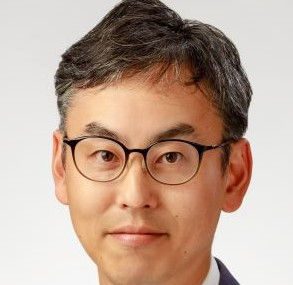
Prof. Satoshi Horike
Graduate School of Science, Kyoto University, Japan
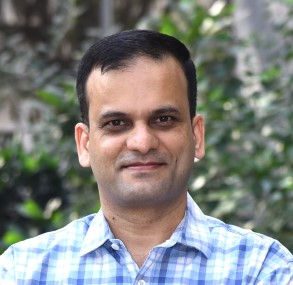
Prof. Sanjog S. Nagarkar
Indian Institute of Technology Bombay, India
Speakers
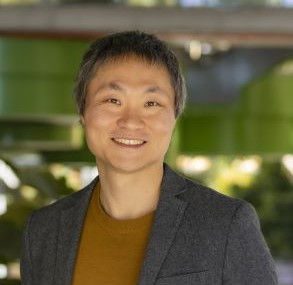
Prof. Jingwei Hou
University of Queensland, Australia
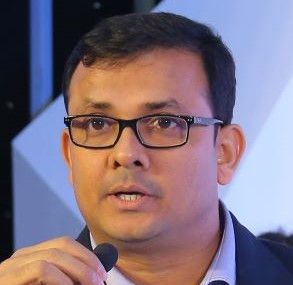
Prof. Sujit K. Ghosh
Indian Institute of Science Education and Research Pune, India
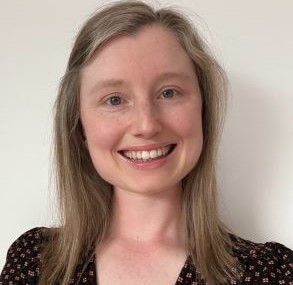
Prof. Lauren McHugh
University of Liverpool, United Kingdom
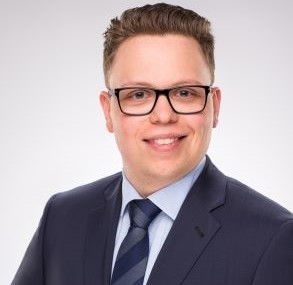
Prof. Alexander Knebel
Friedrich Schiller University Jena, Germany
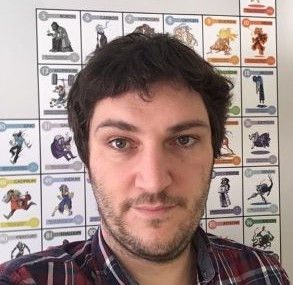
Prof. François-Xavier Coudert
Senior researcher, CNRS/ PSL University, France
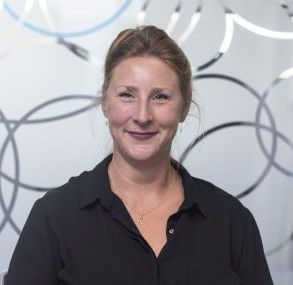
Prof. Aude Demessence
University of Lyon, France
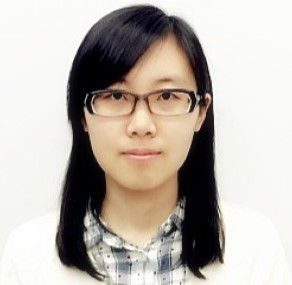
Prof. Wenqian Chen
Shanghai University, China
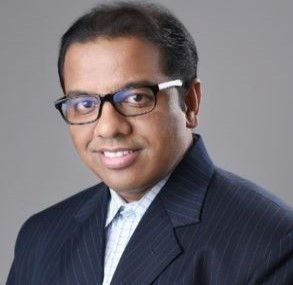
Prof. Tapas K. Maji
Jawaharlal Nehru Centre for Advanced Scientific Research (JNCASR), Bangalore, India
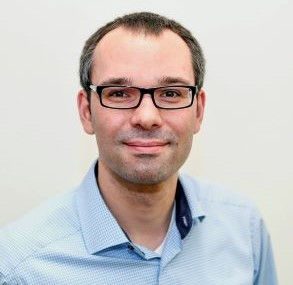
Prof. Sebastian Henke
Technische Universität Dortmund, Germany
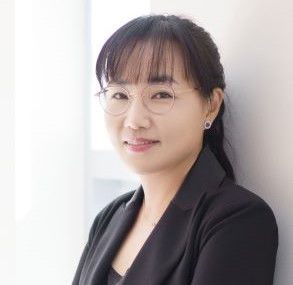
Prof. Hoi Ri Moon
Ewha Womans University, Seoul, Republic of Korea
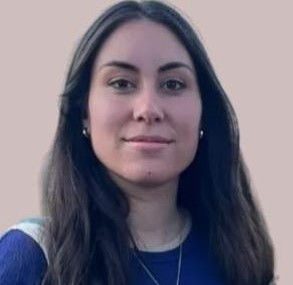
Prof. Celia Castillo Blas
University of Cambridge, United Kingdom
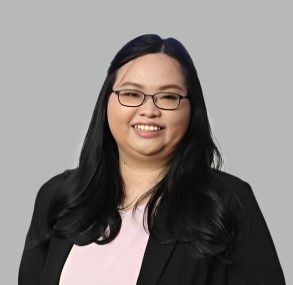
Prof. Kanokwan Kongpatpanich
Vidyasirimedhi Institute of Science and Technology, Rayong

Prof. Yingbo Zhao
ShanghaiTech University, China
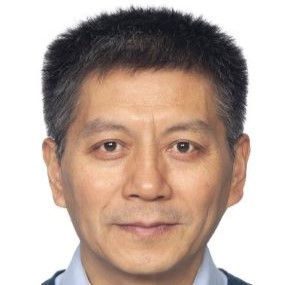
Prof. Yuanzheng Yue
Aalborg University, Denmark
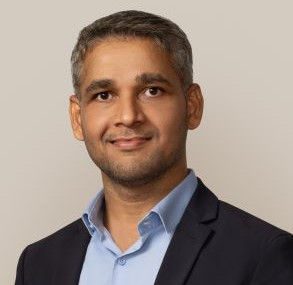
Prof. Dinesh Shetty
Khalifa university, Abu Dhabi, UAE
Frequently Asked Questions
-
What are Flash presentations?
They are brief, impactful, and convey information about a novel protocol, perspective, technique, or research results. For instance, one Flash Talk may describe an innovative interdisciplinary research outcome. Another may describe results for a pilot/prototype study.
-
Can I submit an abstract if I'm not an early career researcher?
This symposium focuses on early career researchers, but all researchers are welcome to attend. However, the format of the presentation will be 8 minutes flash talk.
-
What is the submission deadline for abstracts?
The submission deadline for abstracts is April 1, 11:59 PM ET.
-
What is the required format for abstracts?
Abstracts should be 2500 characters or less and include the title, author(s), and a concise description of your research.
-
Can I include images or figures in my abstract?
Yes, limited use of images or figures is permitted to enhance your abstract's content.
-
When will I know if my abstract is accepted?
Presenters can expect to receive their acceptance notices approximately 3 months before the meeting. Scheduling notices are sent periodically starting approximately 2 months before the meeting.
-
What if I can't attend the symposium on the scheduled date?
While attending is encouraged, if you can't participate in real time, you can still submit an abstract for inclusion. In case the abstract is accepted, you can share a recorded version of flash talk.
-
Do I need to register separately if my abstract is accepted?
Yes, accepted presenters will have to register for ACS Fall 2024. Symposium organizers will reach out to confirm their participation.
Get Support
Talk to our Meetings team
Contacts for registration, hotel, presenter support or any other questions.
Frequently Asked Questions
Access helpful tips to get the most out of ACS Meetings.

